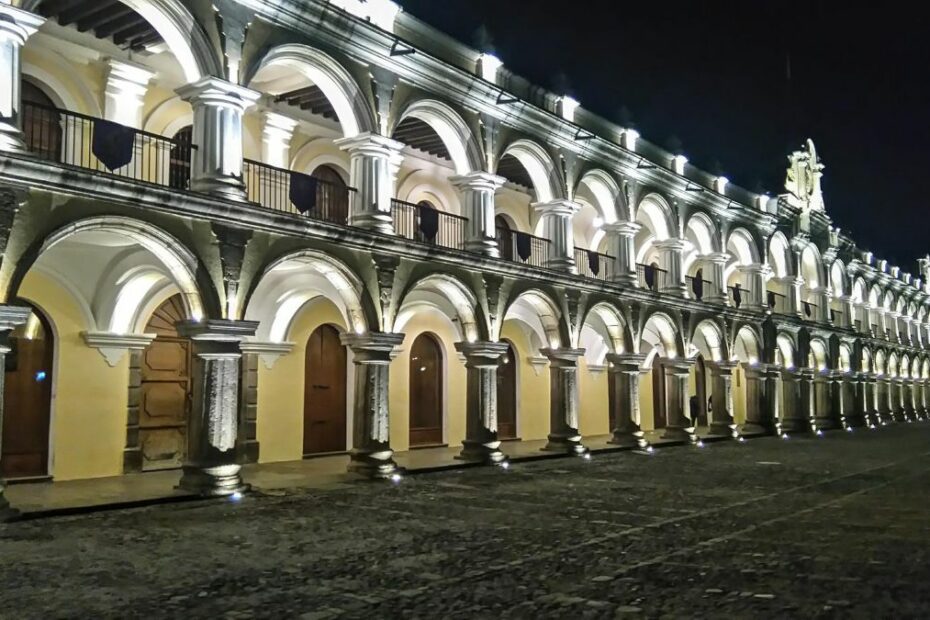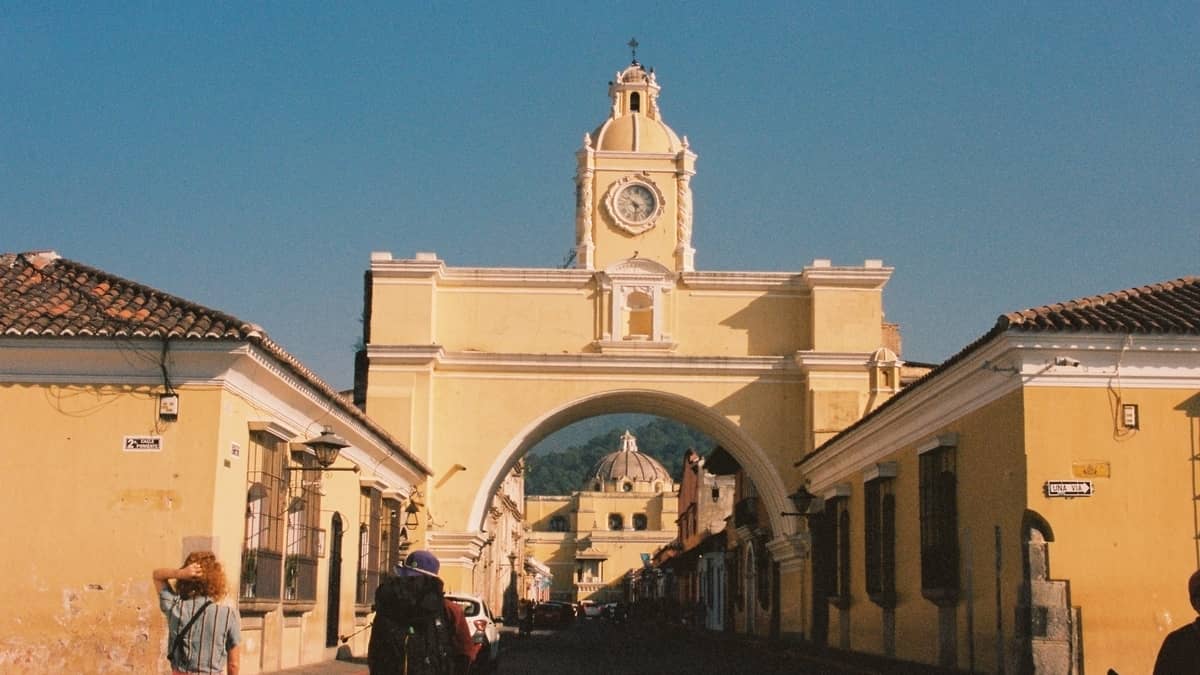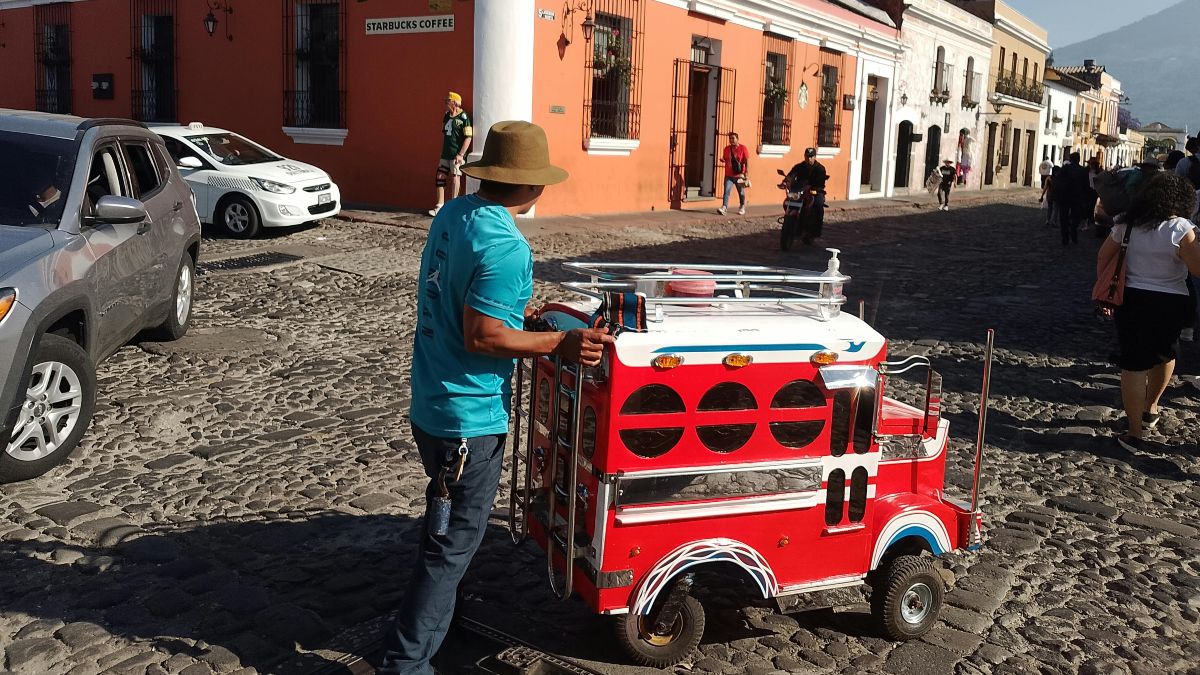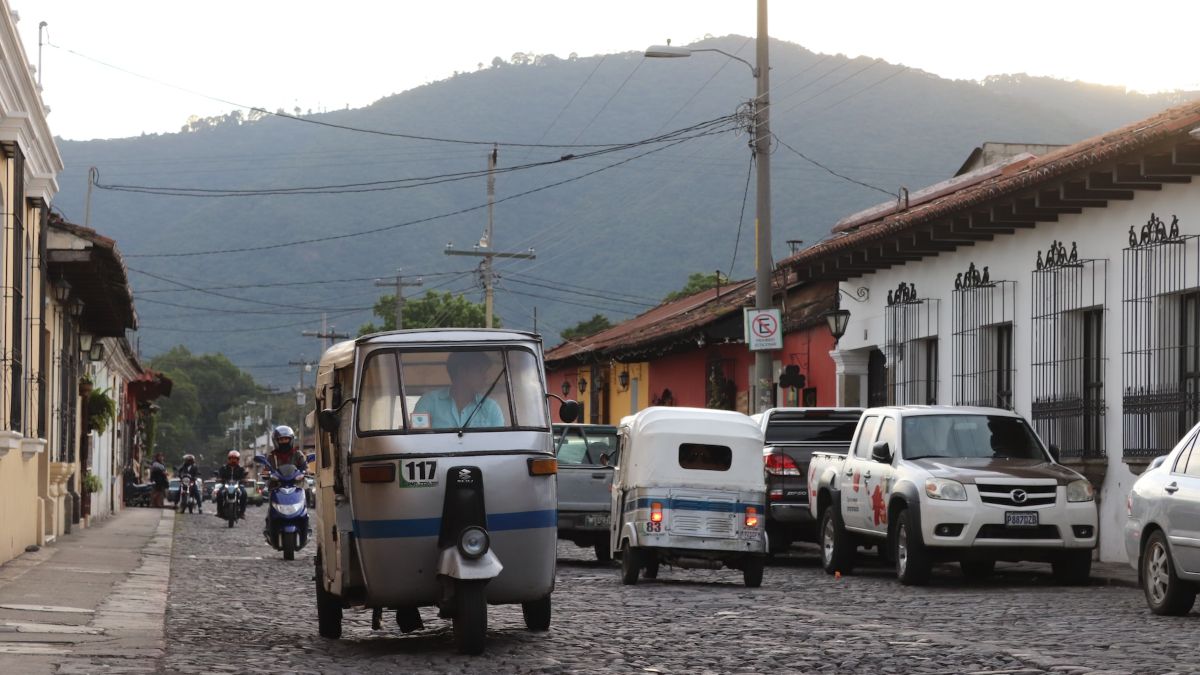A light-hearted look at the trials, tribulations, and bureaucracy associated with getting things done in Central America through the eyes of a man buying a car in Guatemala.
In many countries, buying a used car is straightforward.
You locate a suitable vehicle, negotiate a price, pay, and sign the documents. And after a trip to the relevant government agency (depending on country), the car is yours. Not so easy in Guatemala. In fact, buying a car in Guatemala can be a pain.
It’s the bureaucracy, you see.
The private aspects of buying a car in Guatemala remain the same.
You’ll find various websites specializing in selling used cars, like Encuentra24. Facebook is also a valuable resource for many second-hand items, cars included. Antigua Guatemala Marketplace and The Real Antigua Guatemala Classifieds are both helpful.
The documents look similar, too, when buying a car in Guatemala. The title is an official-looking government document listing the pertinent information. Seller and buyer haggle and come to an accord. Then the fun begins.
In many countries, a simple signature on the title releases ownership. In Guatemala, you need to notarize this signature in front of a lawyer.
The buying and selling parties troop to a lawyer’s/notary’s office. Everyone produces their ID and the notary affixes the official stamps to the title. Then the notary’s assistant types up the requisite information on the back of the title.
As the foreign buyer waits in the next room, the sound of the clacking typewriter makes him nostalgic. He hasn’t heard that percussive rhythm for many a year.
The fees for this transaction are not exorbitant, under $50. The seller’s part is over and he has no further bureaucratic obligation. Buyer and seller shake hands and go their separate ways.
Now the buyer enters the final – and longest – phase of the transaction: the title transfer.
In Guatemala, there is no separate Department of Motor Vehicles. You go to the SAT office (La Superintencia de Administración Tributaria) to register a new vehicle.
In Antigua, the buyer walks through an unmarked door into a small outdoor space behind a gleaming whitewashed wall in the back of the colonial-era Palace of the Captains-General. Here he walks through a metal detector that screeches out as he goes under. The attending security guard ignores the sound.
The guard – who wears no uniform or identification of any kind – is a friendly sort. Sporting a machete on one hip and a large knife in a brown leather sheath with a fringe on the other, he directs everyone to wait in a line for information.
After a wait of anywhere between 15 to 45 minutes, it’s the buyer’s turn to the desk. A man in a shirt and tie listens to the type of service he requires. Then he hands the buyer a small slip of paper with a number on it. There is an interior courtyard with chairs, and dozens of other people waiting. An automated voice announces number and window combinations, and after a long wait, his turn comes up.
At the window, he presents himself before a woman with the bland, polite demeanor of civil servants worldwide.
Much like how driving a taxi seems to attract people of a similar character, the functionaries at the Antigua, Guatemala SAT office would fit right in at the DMV in Seattle, or the Prefecture de Department in Bergerac, France. After a two-and-a-half-hour wait, our buyer is rather irked to learn that while he has brought photocopies of every page in his passport, he has neglected to bring a photocopy of the outside cover of his passport.
This renders the entire transaction impossible.
When he asks if can run across the street to the internet café and copy said exterior of his passport and return within 90 seconds, he is denied. He will have to wait another day and return to receive another number.
After returning the next day, wishing the machete-wielding security guard a hearty “buenos dias!“, receiving another ticket, and this time waiting three hours, our intrepid bureaucratic navigator is ready to try again.
Finally, all the paperwork is in order, and it appears his ordeal is nearing an end.
But not so fast! There is an issue with the document prepared by his notary’s assistant. She has forgotten to include the abbreviation S.A. at the end of the name of the company that is selling the car.
Not only will he have to return another day, but to add insult to injury, the SAT official has printed off a form with a fine of 15 Quetzales for “providing incomplete documents”.
While the (roughly) $2 amount of the fine is not an issue per se, the inconvenience of waiting in a long line at a bank to pay the fine certainly is.
Through clenched teeth, our buyer asks if there are any other incomplete aspects of his ever-growing packet of paperwork.
The SAT employee is silent as she types on her keyboard for several minutes, and then disappears through a doorway to confer with another employee.
Upon her return, she tells the buyer, no, get the lawyer to correct the sale document, pay the Q15 fine at any one of three Banco Industrial branches, and return tomorrow.
After waiting 45 minutes to pay the $2 fine, our buyer has calmed down, and upon leaving the bank, a friend walking by reminds him it’s happy hour at a nearby watering hole, and his blood pressure returns to a manageable level.
On what seems like his eleventh trip to the SAT, but which is really only the fifth, after yet another hitherto undetected fault in his paperwork, the car is registered in his name at last.
Our hero rejoices in a job well done, and returns home, vowing to never return to the SAT unless absolutely necessary.
Note: Since this article was first written, you can – apparently – arrange the title transfer with the SAT electronically. Don’t be surprised, though, if this doesn’t work and you have to go in person.
Pon el vehículo que acabas de comprar a tu nombre con un Traspaso Electrónico de Vehículos con Abogado y Notario autorizado por SAT. pic.twitter.com/PMavsiqRz7
— SAT Guatemala (@SATGT) August 29, 2022
Jake Stamp is a native of Carmel Valley, California with a tendency to wax rhapsodic about his many years of living in Guatemala and extensive travels throughout the rest of Central America. He currently divides his time between Santa Cruz, California and Antigua, Guatemala.




